Our Research
Andromeda is a JPI Oceans research project examining efficient and cost-effective techniques to analyse and quantify microplastics and their degradation in the marine environment. This includes tyre wear particles and paint flakes — notoriously difficult materials to measure.
Learn more about our research and how it’s organised below.
Fishing nets, single-use plastics, packaging, and more ends up as marine litter in our oceans and seas. Over time, these plastics break down into microplastics and nanoplastics, which can cause problems for marine species.
Project Context
ANDROMEDA aims to develop an instrument platform for in situ and cost-effective analysis of microplastics, along with advancing the characterisation of nanoplastic and microplastic materials and their accelerated degradation. ANDROMEDA will address two current needs in microplastic research:
New sampling and advanced analysis methodologies that focus on smaller microplastic (< 10 μm) and nanoplastic particles to enable improved risk assessment of plastic pollution, and
In situ techniques and cost-effective measurement methods for improving the efficacy and efficiency of microplastic monitoring.
Underlining these is the need for methods to address the high difficulty in measuring multiple types of plastic (e.g., TWPs, fibres and paint flakes) with current analytical techniques. Importantly, such analytical methods must also be able to measure degraded forms of plastic in environmental samples, which may have undergone significant changes in their chemical and physical properties.
Advanced methods need further development in order to push the limit of detectability for smaller sizes of microplastics and nanoplastics and improve their ability to analyse microplastic types that are currently difficult to analyse by microspectroscopy. On the other hand, low-cost methods are needed that can identify a broad range of microplastic polymers with acceptable accuracy. To study plastic degradation mechanisms over a reasonable time frame, lab-based accelerated degradation approaches are required that mimic natural fragmentation and additive chemical leaching. Within ANDROMEDA, in situ microplastic detection, efficient sampling and cost-effective laboratory methods will be developed and optimised to analyse MP. Approaches will be based on hyperspectral imaging, chemical markers, and fluorometric detection techniques. Advanced analysis techniques making use of μFTIR, Raman imaging and SEM-EDX (amongst others) will be applied to quantify and characterise microplastics and nanoplastics down to 1 μm, 0.2 μm.
Degradation
UV, hydrolytic and thermo-oxidative methods to study accelerated plastic degradation at the lab-scale will be developed and used to prepare partially degraded reference materials. Comprehensive degradation studies will be conducted to study in detail the mechanisms of UV and microbial degradation, as well as to investigate the influence of parameters such as temperature, pH and hyperbaric pressure, where attention will be paid to additive chemical leaching.
-
There is a clear need for the development of in situ and field-based sampling and measurement approaches, as well as efficient laboratory techniques that offer an acceptable compromise between cost and data quality.
-
Primary Objectives
Study the release of additive chemicals during the fragmentation and degradation processes
Disseminate project results and developed protocols to a range of audiences, including public authorities, the private sector, academia and the general public
Achieve cost-effective analysis of microplastics by in situ-methods and low-cost laboratory analysis, including efficient sampling
Develop and optimise advanced techniques to measure and quantify small and challenging types of microplastic particles
Investigate the degradation and fragmentation mechanisms of plastic into micro- and nanoplastic particles
Work Packages
Project Management
Project Lead: Richard Sempéré, MIO
WP1 comprises project coordination and will facilitate the integration of activities across different work packages while also taking charge of the day-to-day administrative and financial management of the project. ANDROMEDA will be led by Richard Sempéré, MIO, in close cooperation with WP leaders, the steering committee and the advisory board. This work package will ensure the exchange of data, information and materials between the partners, the in-kind partners and the members of the advisory board.
Work Package 1
Work Package 2
In-Situ & Cost-Effective Methods
WP Lead: Bavo De Witte, ILVO
WP2 will optimise or develop a platform of validated in-situ and cost-effective sampling and analysis methods for detecting and quantifying microplastics in environmental samples, including the matrices water, sediment, biota and air. Cost-effective analyses will based on hyperspectral imaging, chemical markers and fluorometric methods applied in-situ or within the laboratory. Cross-validation is a central theme of WP2.
Advanced Analytical Techniques
WP Lead: Andy Booth, SINTEF Ocean AS
The overall aim for WP3 is to develop a toolbox of coherent and complementary analytical instrumental methods and workflows, to consistently and reliably detect, identify, quantify (mass/number), and characterise microplastics and nanoplastics in environmental samples. WP3 will push the limits of current methods to characterising MP with a 1 μm filter pore size and develop specific combinations of analytical tools for the determination of Tyre Wear Particles (TWPs), synthetic fibres, and paint flakes.
Work Package 3
Work Package 4
Natural and Accelerated Degradation
WP Lead: Natascha Schmidt, MIO
WP4 aims to study microplastic (including tyre wear particles, fibres and paint flakes) degradation under laboratory conditions in parallel with field degradation to gain knowledge about degradation processes in the marine environment. WP4 focuses on studying how key environmental parameters (microbiology, solar radiation, temperature, hyperbaric and sediment environments) and their complex interactions influence both plastic and microplastic degradation in the marine environment, leading to sedimentation, fragmentation, nanoplastic formation, and elemental/molecular release. Results from WP4 will feed into work undertaken in WP2 and WP3.
Work Package 5
Communication & Stakeholder Engagement
WP Lead: Kathrin Kopke, MaREI, University College Cork
WP5 will communicate project activities and outputs in support of the United Nations Decade of Ocean Science for Sustainable Development (2021-2030) and the 2030 Agenda for Sustainable Development. The focus is on commitments relating to Marine Litter (SDG 14). WP5 will employ several tools and approaches to share information with WP leads and project partners to ensure project results and outputs are communicated in a scientifically robust manner using the most appropriate means to reach intended audiences and directly engage key stakeholders.



